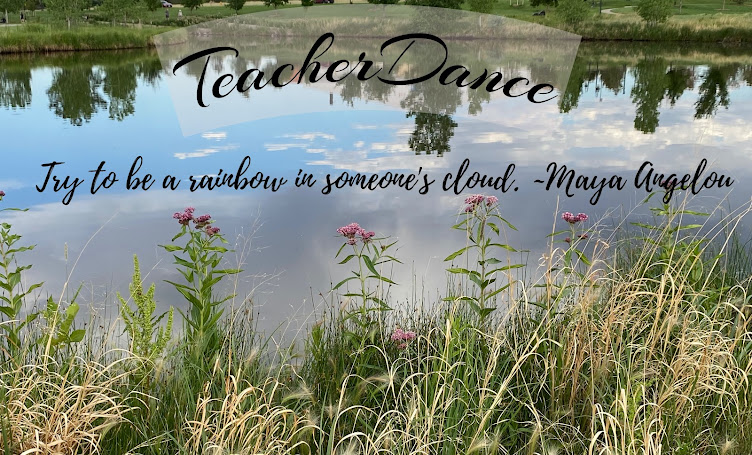I'm reading Digital Reading: What's Essential in Grades 3-8 by Franki Sibberson and William L Bass II. Click here to read more about #cyberPD or click here to join the Google+ discussion group! It's a pleasure every summer to participate in this knowledgeable group. We are hosted by Laura Komos, Michelle Nero, and Cathy Mere.
In
all, much for me to learn within these chapters, and there will be much to
return to for further notes.
The page numbers refer to the eBook PDF.
I
suspect that I will repeat much of what others are writing; there is much good
to take from these full chapters. One overall reflection is that there are
consistent common threads no matter which anchor’s chapter one examines:
possibilities abound, time and choice for experiences is key, and assumptions
of expertise may often be incorrect. Also, there is more to be taught, but
teachers and students can collaborate in the teaching.
Chapter Three - Authenticity p. 25
What I liked:
It’s wonderful that Franki took pictures & re-visited them, this
time noticing different kinds of learning within the Genius Hour. It does mean
more time when one examines the pictures, but at least once in a while, will be
very worth it. “Each day they used a new tool because
it fit their
need or purpose at that moment.”
Referring to the ‘book trailer episode”: I imagine that some, or all, of
us have to be intentional about
figuring out just what is worthwhile in an authentic digital reading
situation. It’s complex, as was
explained on p. 29, when she did explain her ideas of authenticity in reading
and response to that reading.
The
questions on p. 30 are helpful. Diana’s
learning shared on p. 31 is so right: “teachers don’t need to know every single
thing, but do need to share thinking with students as the need appears.” I
teach in a school where each student studies his or her own topic, many
curriculum units are in play all the time. While I did do some whole group
work, most of the time I was the supporter/mentor/questioner. I knew I could
not possibly be an expert in everything. This part of the chapter reminds me of
my classroom--many things going on, many experts helping and questioning and
working. On the same page, this quote stood out to me: “it’s about choice and
ownership”. The management style is
different from everyone in the class doing the same project, and it demands
patience and looking for good questions to ask, sharing a lot of what the
teacher does, as well as allowing students to share their expertise as well.
I enjoyed the specific resources shared, but
then also this: “Focusing on the learning rather than the tool created a more
authentic workshop.” p. 37
Still questioning: those with devices and those
without. How is this going to work for future plans, within schools and
districts?
























